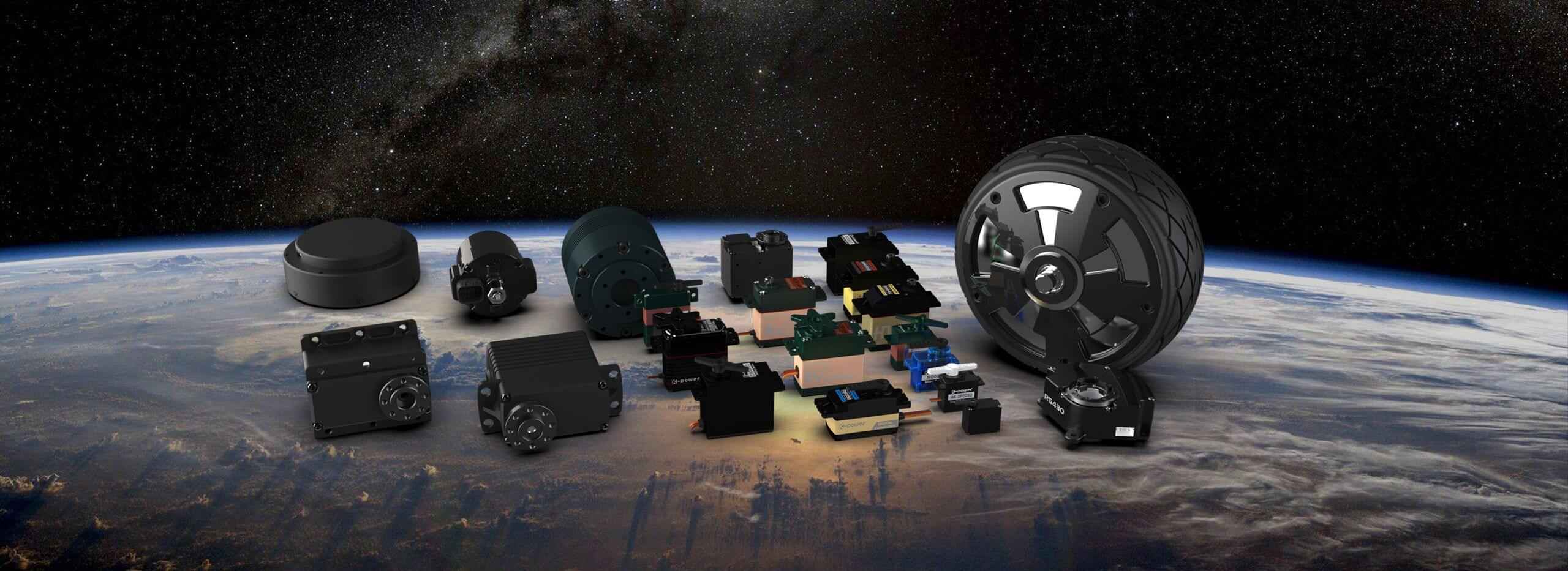Unlocking Precision and Reliability: The Power of Servo Motor Test Machines
In today’s rapidly evolving industrial landscape, the demand for high-quality, reliable, and precision-engineered motors has never been higher. From automated manufacturing lines to robotics and aerospace, servo motors are the heartbeat of modern machinery, driving motion with pinpoint accuracy and consistency. But how do industries ensure that these critical components meet stringent performance standards before they reach end-users? The answer lies in the sophisticated world of servo motor test machines.

The Rise of Servo Motor Testing: Why It Matters
Before a servo motor is integrated into a product, it must undergo rigorous testing to verify its performance, durability, and reliability. Manufacturers rely on test machines that simulate real-world operating conditions, identifying potential flaws or weaknesses that could lead to failures down the line. This is akin to a diagnostic check-up, but on a mechanical and electronic scale—only far more precise.
Servo motor test machines have become the backbone of quality assurance processes in numerous sectors, including automotive, aerospace, robotics, consumer electronics, and industrial automation. They enable manufacturers not just to see if a motor works, but to evaluate how it works under various loads, speeds, and environmental conditions.
What Is a Servo Motor Test Machine?
At its core, a servo motor test machine is a specialized apparatus designed to evaluate the performance of servo motors comprehensively. Unlike basic test setups that might only check for functionality, these machines are equipped with advanced features such as high-precision sensors, programmable control systems, and real-time data logging capabilities.
Typically, a servo motor test machine can do the following:
Measure torque, speed, and position accuracy Record electrical characteristics like voltage, current, and power consumption Simulate various load conditions, including abrupt changes Conduct endurance tests to assess long-term reliability Provide detailed performance reports for analysis
The complexity and sophistication of these machines vary, from simple bench-top testers to large, automated systems integrated with manufacturing lines.
Core Components and Features
The effectiveness of a servo motor test machine hinges on its core components, which work together seamlessly. These include:
Control System: An intelligent controller—often a programmable logic controller (PLC) or embedded PC—that manages the testing parameters, sequences, and data collection. Load Module: This part applies simulated loads to the motor, mimicking real-world conditions to evaluate response and robustness. Sensors: High-accuracy instruments measure parameters such as torque, displacement, temperature, and electrical signals. Data Acquisition Software: User interfaces that allow engineers to set test parameters, monitor live data, and analyze results through comprehensive graphical reports. Mechanical Setup: Rigid fixtures and adjustable mounts designed to firmly hold the motor during testing, ensuring safety and measurement accuracy.
Benefits of Implementing a Servo Motor Test Machine
Investing in the right testing equipment offers numerous benefits:
Enhanced Quality Control: Detect defective units early, reducing costly recalls or warranty claims. Consistency Across Batches: Maintain uniform performance standards for large production runs. Design Optimization: Identify design flaws or material weaknesses before mass production. Extended Product Lifespan: Find potential failure points to improve overall durability. Regulatory Compliance: Meet industry standards and certifications with documented test results.
Real-World Applications and Use Cases
Servo motor test machines are indispensable in sectors where motion control and precision are non-negotiable. For example:
Automotive Manufacturing: Testing motors used in electric vehicles (EVs), adaptive cruise control, and steering systems. Aerospace: Verifying motors that control aircraft navigation and flight surfaces under extreme conditions. Robotics: Ensuring autonomous systems perform reliably during repetitive, high-precision tasks. Consumer Electronics: Confirming the durability of motors in devices like cameras, drones, and gaming peripherals. Industrial Automation: Validating the operation of motors in conveyor systems, CNC machinery, and robotic arms.
Challenges and Considerations
While servo motor test machines are vital, they come with challenges such as high initial setup costs, the need for specialized expertise, and maintenance requirements. Selecting the right machine depends on factors like motor size, expected load conditions, testing speed, and budget constraints.
Custom solutions are often tailored to meet specific industry needs, combining multiple testing modalities—like thermal testing alongside performance evaluation—to provide a comprehensive assessment.
I'll prepare the second part now, which will delve into future trends and technological innovations shaping the evolution of servo motor test machines. Please give me a moment to craft that.
Leveraging innovations in modular drive technology, Kpower integrates high-performance motors, precision reducers, and multi-protocol control systems to provide efficient and customized smart drive system solutions.




































